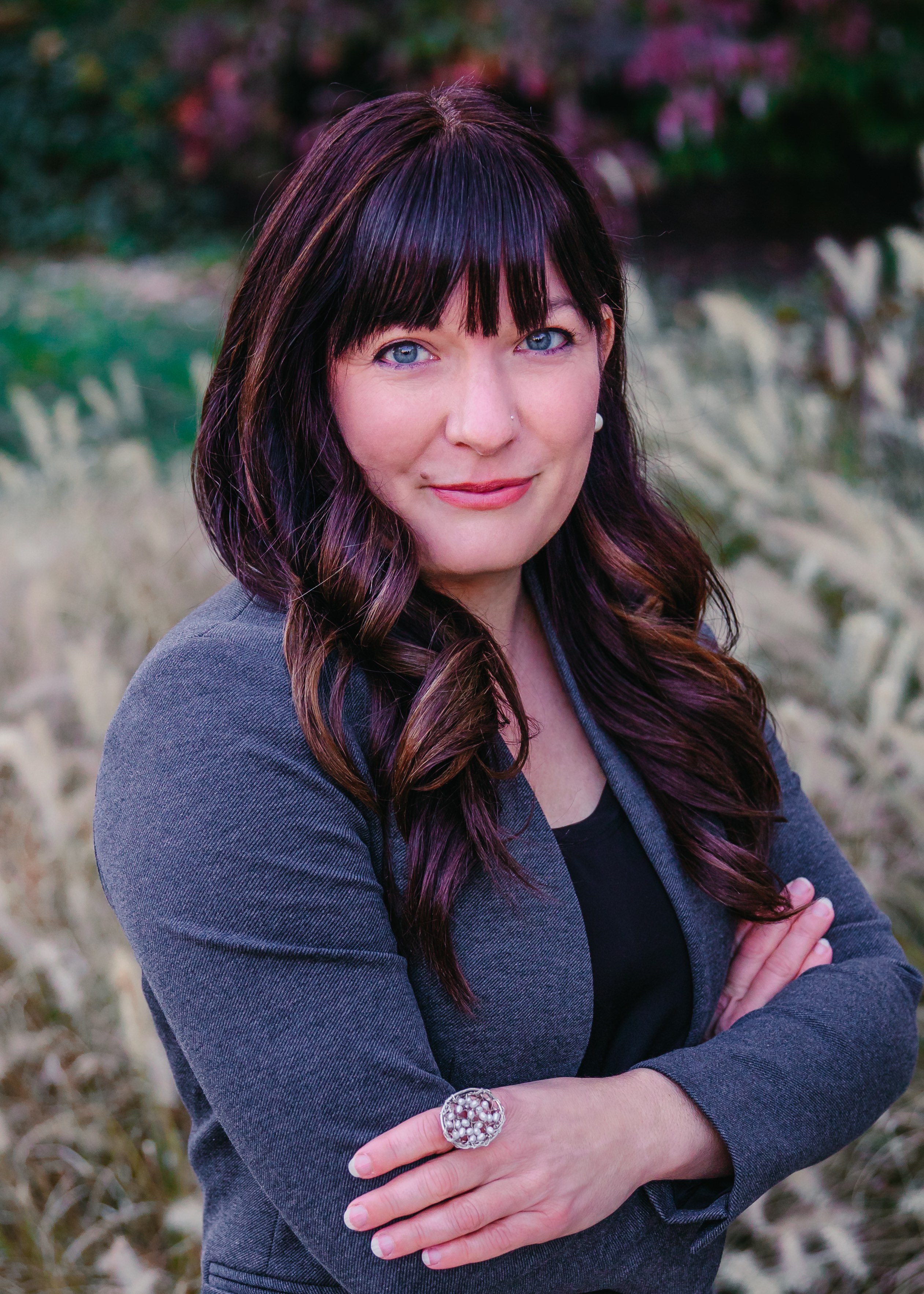Get started with Mizzou
Apply hereMaster of Science
Your professional life has been spent in service of a specific calling: to help others. Specifically, you seek to utilize your skills in behavior science to improve lives. You know you can create meaningful, lasting change through analytic care and intervention. The Master of Science in Applied Behavior Analysis will build on your foundation in human services to equip you with the skills to make a difference. You’ll learn to provide comprehensive behavior analysis and intervention on an individual level. And in completing the program, you will be positioned to become a leader, advocate and collaborator within the field.
The expert faculty of Mizzou’s Department of Special Education will guide you in honing your skills. You’ll conduct research and go hands-on, providing care during a supervised practicum. Whether your chosen setting is a school, clinic, a patient’s home or elsewhere, you will learn how best to provide support to individuals across a spectrum of needs. What you learn and do during this master’s in ABA program will change patients’ lives. That’s something you’ll continue to do long after you’ve earned your degree.
About the applied behavior analysis program
This master's degree is a blended program. You will complete about half of your coursework online, while completing the other half in person.
Should you wish to complete this program fully remote, you must have your advisor’s permission to do so. You will also need to complete your practicum at one of Mizzou’s supervised learning sites, located in St. Louis, Columbia, Kansas City, Jefferson City, Springfield or Cape Girardeau.
This program is also accredited by the Association for Behavior Analysis International Accreditation Board. We received full accreditation at the highest level and are the first university in Missouri to have this distinction. Only 30 universities nationwide have achieved this level of excellence within the field.
The master’s in applied behavior analysis program provides you the choice to accrue fieldwork hours toward Board Certified Behavior Analyst ® (BACB®) licensure at one of our supervised learning sites or independently from Mizzou.
One of this program’s partner sites is the Thompson Center for Autism and Neurodevelopment. This state-of-the-art facility is dedicated to clinical service, research and training to improve the lives of individuals with autism and other neurodevelopmental disorders.
Quick facts
Official name
Master of Science in Applied Behavior AnalysisCampus
Program type
Master's degreeAcademic home
College of Education & Human Development | Department of Special EducationDelivery mode
Blended, some campus visits requiredAccreditation
Higher Learning Commission, Association for Behavior Analysis InternationalCredit hours
36Estimated cost
$21,236.40*This cost is for illustrative purposes only. Your hours and costs will differ, depending on your transfer hours, your course choices and your academic progress. See more about tuition and financial aid.

Career prospects
Graduates of this certificate program can obtain job titles such as:
- Board Certified Behavior Analyst® (BCBA®)*
- Licensed Behavior Analyst*
- Clinical director
- Program director
- Instructor
* Requires a separate certification not included in this program.
Program structure
This master's program consists of 36 credit hours taught in a hybrid format. All courses are synchronous. Half of the courses are offered online, while the other half are in person. It is possible you may be allowed to pursue this program completely online if you are completing your practicum at one of Mizzou’s supervised learning sites and have your advisor’s approval.
As a part of the master’s in applied behavior analysis program, you will be required to complete a practicum. You will have assistance in finding a field placement. Options include the Thompson Center for Autism and Neurodevelopment, one of Mizzou’s partnered experiential learning sites or a remote field option.
Completing this master's program will make you eligible to sit for the Board Certified Behavior Analyst certification exam. This exam is administered by the Behavior Analyst Certification Board ®.
Coursework includes
- Behavior analysis concepts
- Building assessments
- Intervention techniques
Review all requirements for the online Master of Science in Applied Behavior Analysis program.
Delivery
Blended, some campus visits requiredCalendar system
Semester-basedTypical program length
2 yearsTypical course load
1-2 coursesAccreditation
The University of Missouri is accredited by the Higher Learning Commission, one of six regional institutional accreditors in the United States. This program is accredited by the Applied Behavior Analysis International Accreditation Board.
Faculty spotlight

Kate Sadler is a Board Certified Behavior Analyst ®, Licensed Behavior Analyst and assistant teaching professor in the College of Education and Human Development at the University of Missouri. Dr. Sadler’s research investigates methods of improving outcomes for patients and developing supports for individuals impacted by emotional, behavioral and/or neurodevelopmental disabilities across the lifespan.

Rose Osanayra is a Board Certified Behavior Analyst ® and professor in the College of Education and Human Development at the University of Missouri. Dr. Osanayra’s research focuses on increasing access to effective interventions for individuals with autism and developmental disabilities.

Jena Randolph is an assistant research professor and the training and education division director with the University of Missouri’s Thompson Center for Autism and Neurodevelopment. Her experience has a focus on collaborative and coordinated care for individuals with autism and developmental disabilities. She is one of the primary developers of the Training Experts in Autism for Missouri (TEAM) program, which provides autism training and support to professionals across disciplines throughout the state and of the Self-Determined Transition Readiness through Individual Vocational Experiences (STRIVE) program, which provides direct instruction, work experiences and peer mentorship to enhance employment readiness for young adults with autism.
